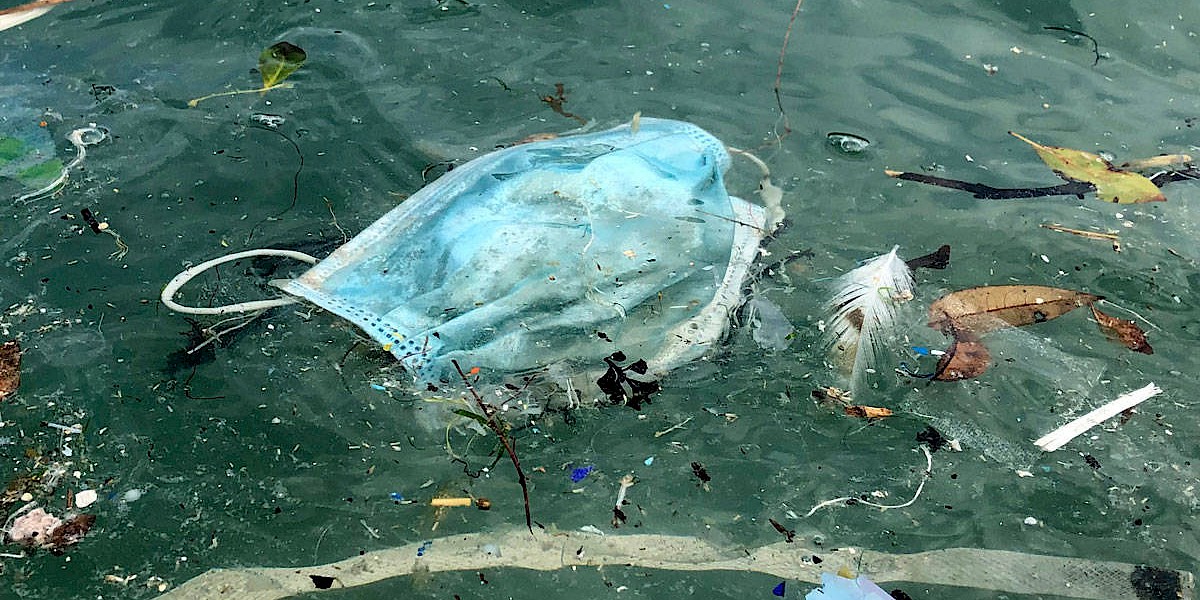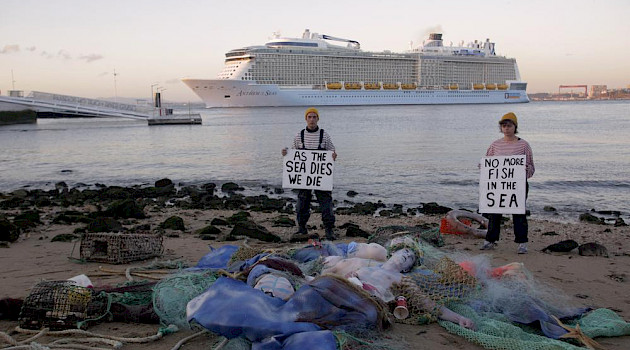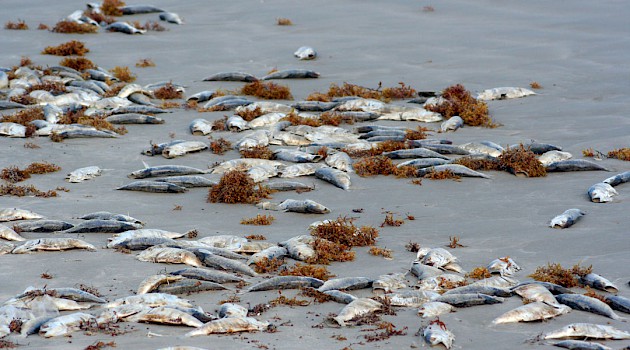
The Amount Of Plastic Waste Is Surging Because Of The Coronavirus Pandemic
You’ve probably heard or read or noticed that ever since the COVID-19 shutdown, the air and water all around the planet has gotten cleaner. Yes, nature is rebounding around the world. But you also need to remember that a lot of the personal protective equipment, the masks and gloves and other medical equipment, is plastic, and much of it is being thrown carelessly away. When PPE gets discarded in public areas, it ends up clogging sidewalk drains and washing into waterways. On top of that, some members of the plastics industry are taking advantage of the fear and uncertainty around the pandemic to push suspensions or rollbacks of hard-won environmental measures to reduce plastic pollution. They’re claiming “an abundance of caution” as the reason to reinstate widespread use of single-use plastic bags.
Cornell researchers came up with a way to reduce ocean pollution
When it comes to pollution on our planet, there’s not a bigger problem than the unbelievable amounts of plastic plaguing our oceans. Now, researchers from Cornell University have developed an exciting new way to reduce ocean plastic pollution. They’ve created an entirely new form of plastic for fishing and marine use that degrades much faster than normal plastic. This new polymer breaks down in response to ultraviolet radiation (sunlight). Since roughly the 1950s, humans have used plastic for just about everything. Plastic is used so much because it’s cheap to produce and does a great job of keeping food products fresh, but it has an incredibly long lifespan and is quite expensive to properly recycle. So, most plastic ends up in the trash almost immediately and eventually makes its way to the ocean where it pollutes the water, suffocates marine life, and makes once vibrant ocean ecosystems uninhabitable. Plastic debris kills more than 100,000 marine mammals each year.





